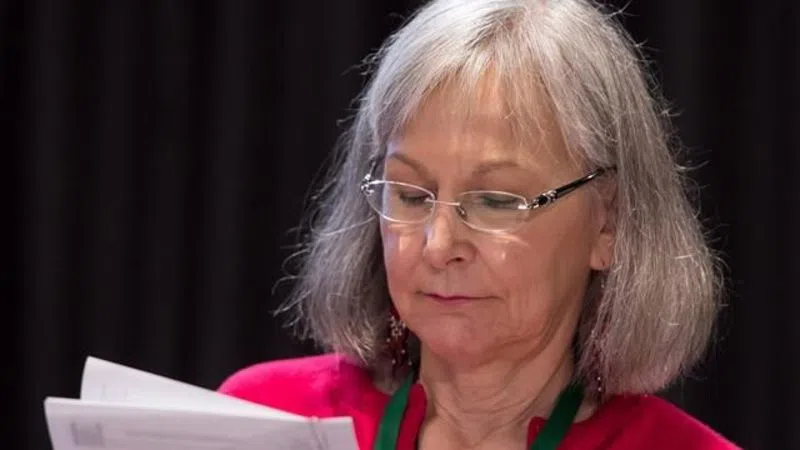
Emotional ceremony to mark release of inquiry report on Indigenous women, girls
OTTAWA — Survivors and families of missing and murdered Indigenous women and girls are preparing for what’s anticipated to be a highly emotional ceremony in Gatineau, Que., on Monday to mark the release of a report that names the issue as nothing short of a “genocide.”
In the final report, chief commissioner Marion Buller says the that national inquiry had a short time to do its work but within that period, survivors provided “important truths.”
“These truths force us to reconsider where the roots of violence lie, and in doing so, to reconsider the solutions,” she writes.



